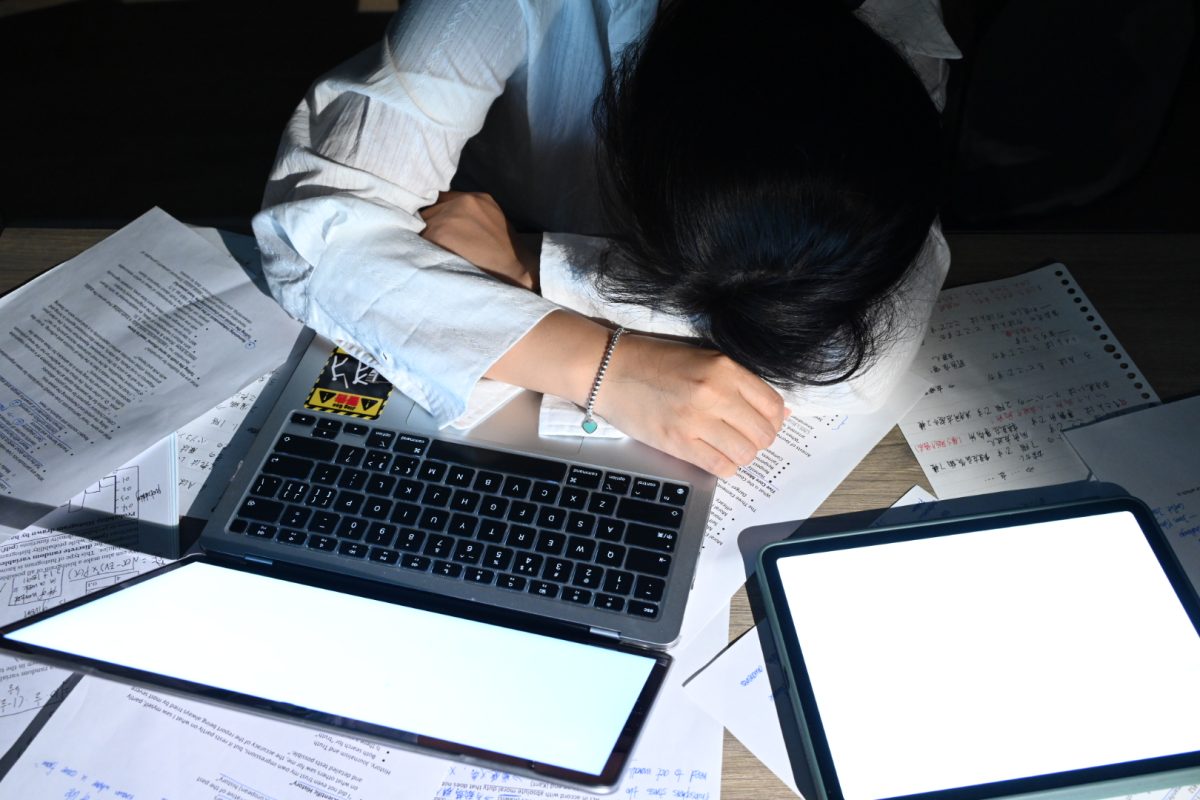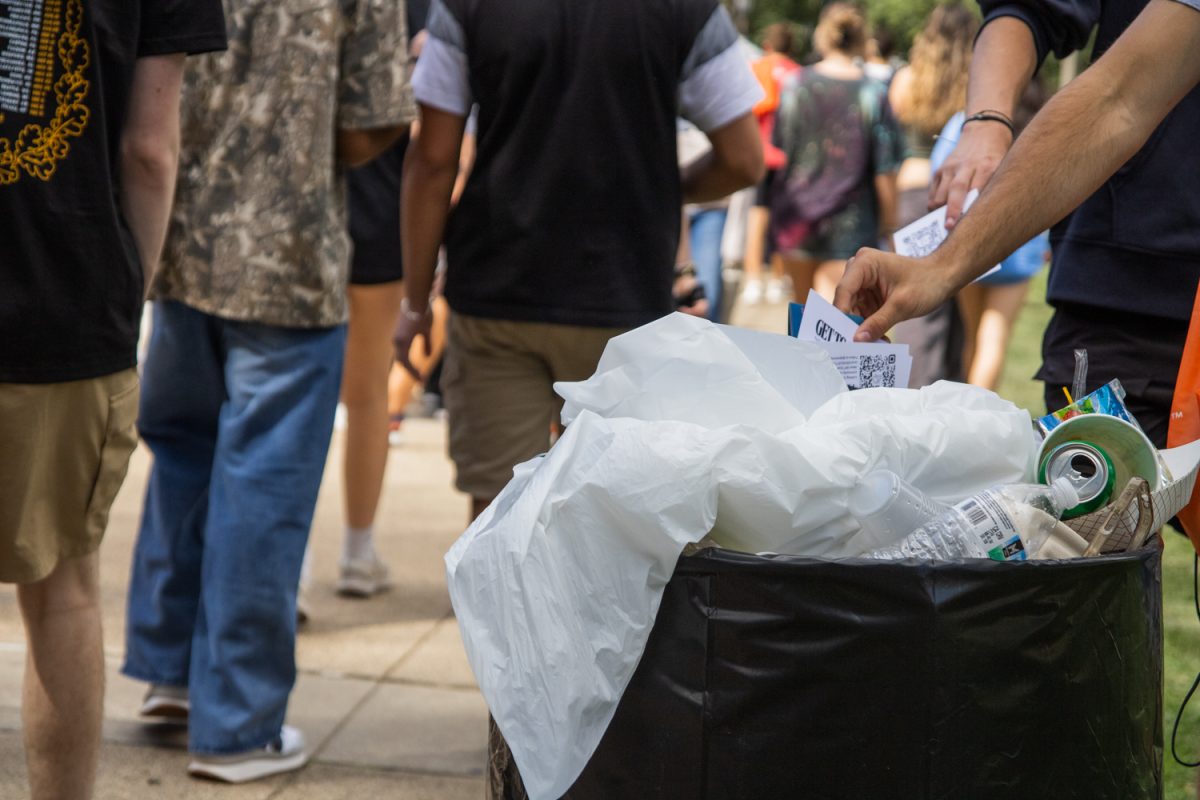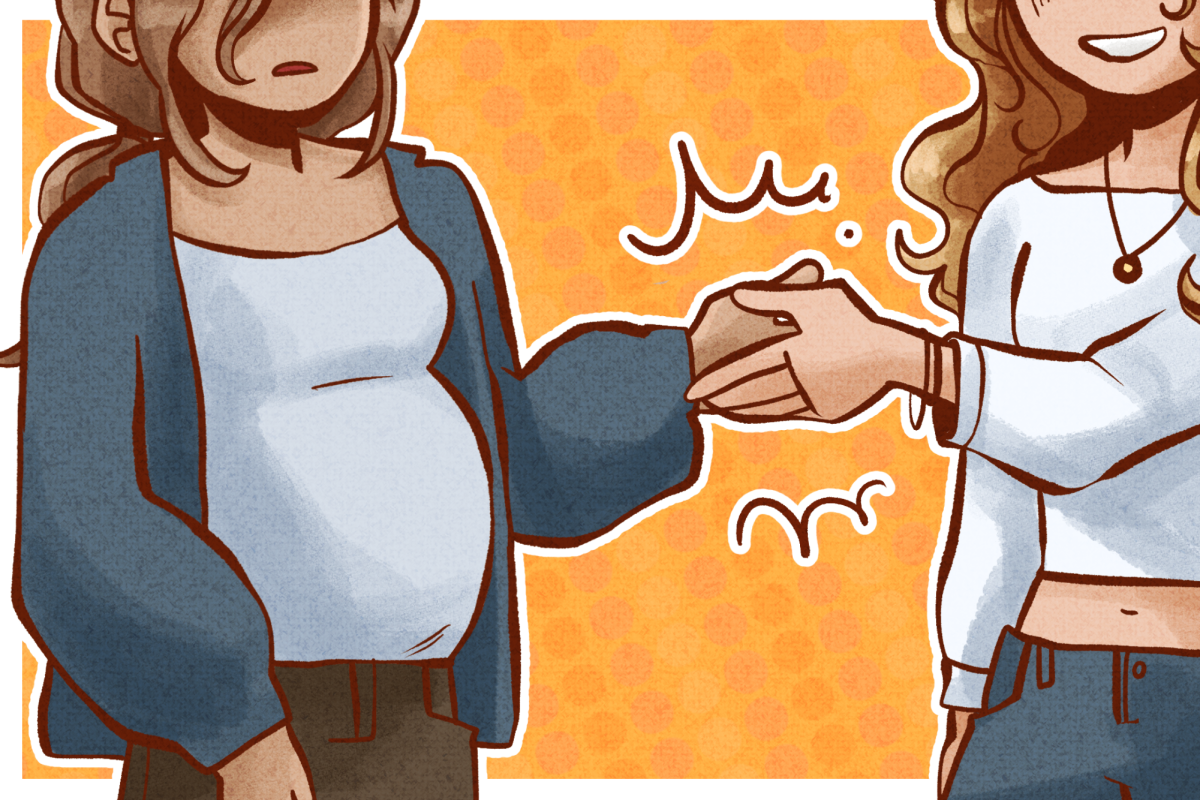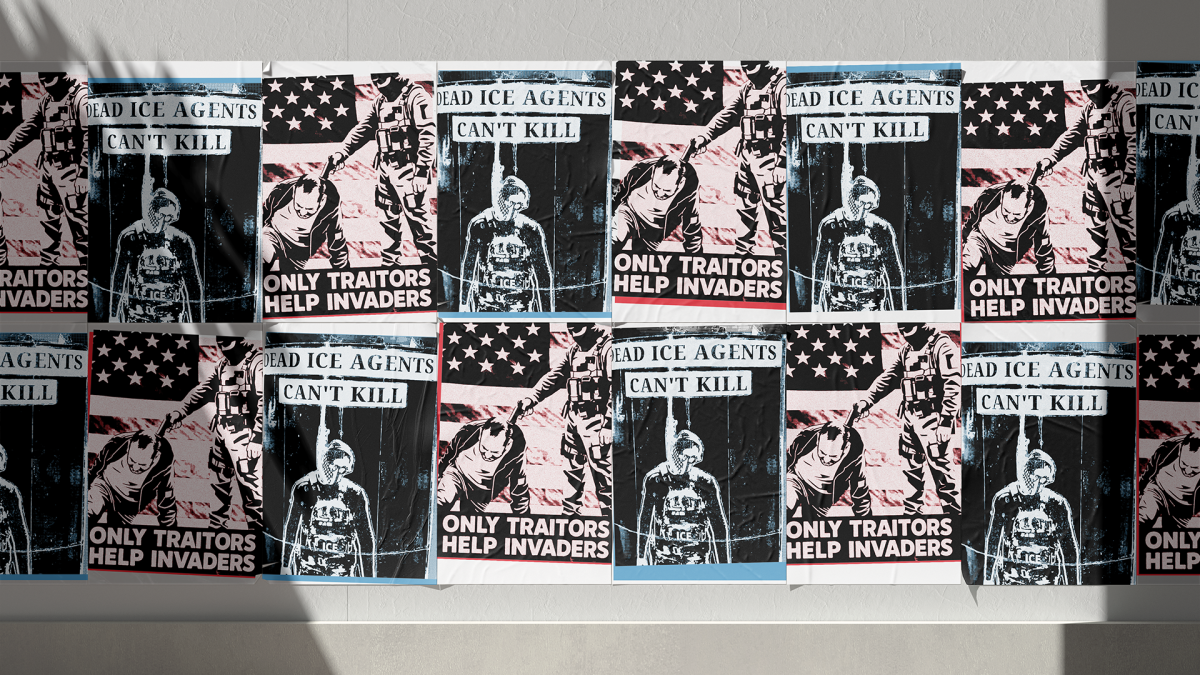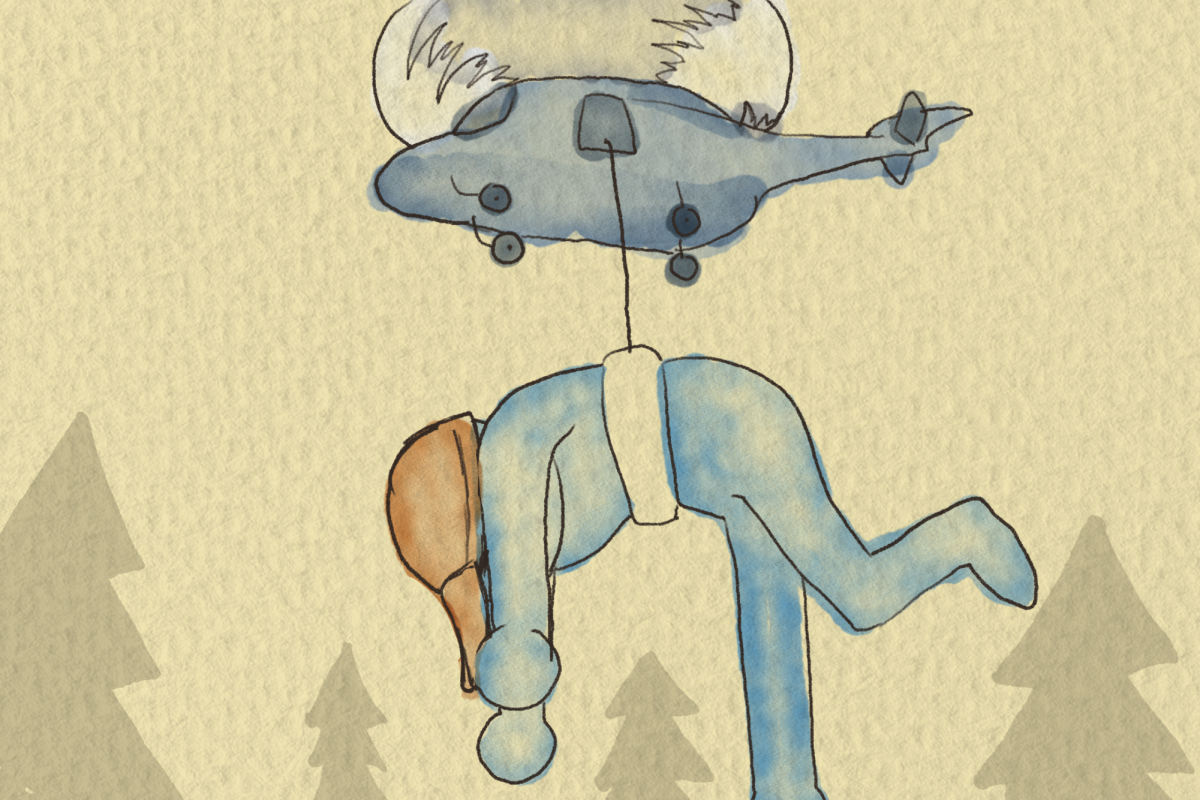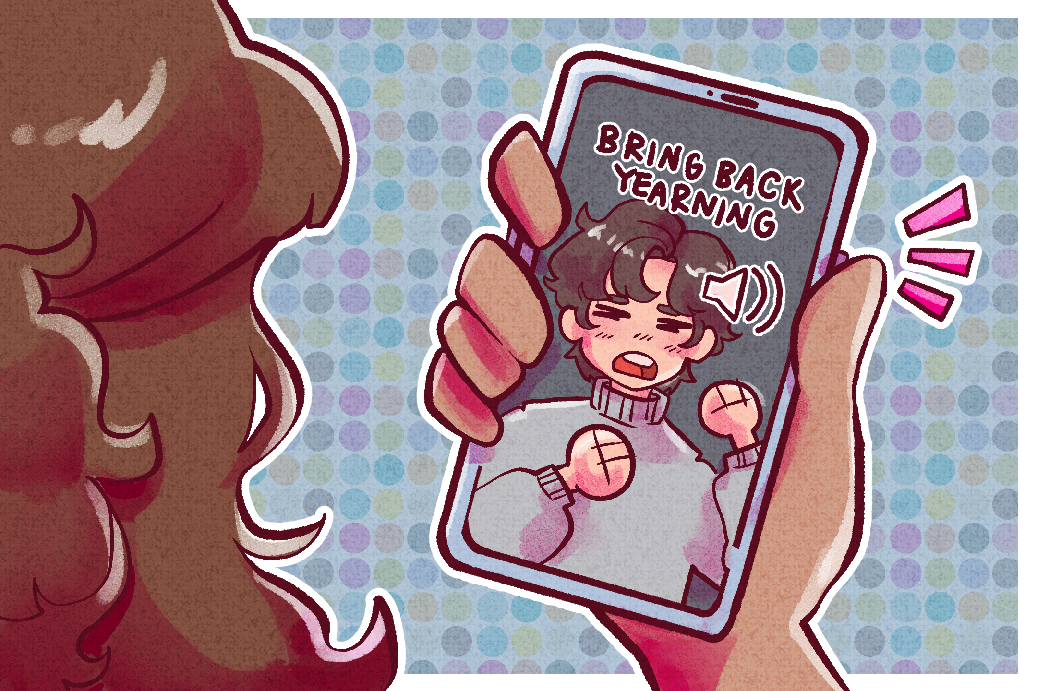As winter break looms, many students, including myself, are considering how best to utilize this abundance of free time — whether by applying for internships, taking online courses, learning new skills or engaging in other resume-building activities.
However, this desire for productivity can also be a detriment, as it often comes from a place of anxiety and comparison.
College education can be understood as an investment in your future, as students take out loans to increase their “human capital” through schooling. Thinking of academics in this way creates a relationship between your educational attainment and your future success — requiring you to maximize the return on your investment.
Unfortunately, we live in the 21st century, so a college degree doesn’t guarantee you anything post-graduation; in most instances, it’s the baseline to even being considered for a position.
This means going to a university is no longer about becoming educated; it’s about becoming the most hirable compared to the competition.
Get The Daily Illini in your inbox!
Ideologically, this rewires our brains to desire productivity whenever we have the opportunity, always seeking new experiences to display on our resume. While being highly productive isn’t inherently unhealthy, the intrinsic connection it has with our self-worth is — in the literal sense — that it makes us hyper-focus on our output.
Commodifying experiences in this manner represses the purpose of experiences, creating incessant demand for students to acquire accomplishments.
The competitive environment this dynamic creates with our peers leads to many negative mental health side effects: increased anxiety and depression, lowered self-esteem, poor sleep quality and even self-harm.
When we see a fellow student win a big scholarship or get accepted into a competitive internship, we consciously or unconsciously compare our accomplishments to theirs. The achievement and experience culture we see in academics makes us fear that we aren’t doing enough or lagging behind the rest — and in reality, this is intentional.
Fear of inferiority pushes people to be more productive and obtain more accomplishments, which makes individuals much more valuable to future employers. However, the unfortunate externality we see is degrading mental health, which I believe keeps people from reaching their full potential.
This destructive nature of productivity is very cyclical. Seeing those around you be highly productive creates a desire to do more from a place of comparison. Compounding stress from extracurriculars and internships leads to serious burnout, affecting mental health and decreasing productivity. This results in thinking you need to do even more.
So, the cycle continues.
Thankfully, I see the solution as quite simple — do less.
Internships, extracurriculars and other programs are still essential, and I recommend doing them. After all, they really are important for your future success in life. However, I want you to consider the productive quality of being unproductive.
Shift your perspective of what a productive use of time is: Block off daily periods for recreation and leisure; during study sessions, take a five-minute break every 30 minutes and when you are home for the upcoming break, be productive but also give yourself time to recover.
Research shows that taking these micro-breaks while studying increases your total productivity and output. Additionally, more leisure activities correlate with better psychological outcomes, such as greater life satisfaction, life engagement, social support and lower depression.
It’s important to understand that you can still be successful in life while enjoying college.
Give yourself these moments of recovery from the never-ending treadmill that is the rat race toward success, and manage the level of expectations you hold yourself to.
Make sure to offer yourself the flexibility to be unproductive this break and in the future — ensuring you don’t get caught up in the problematic paradox that is productivity.
Grayson is a sophomore in LAS.



